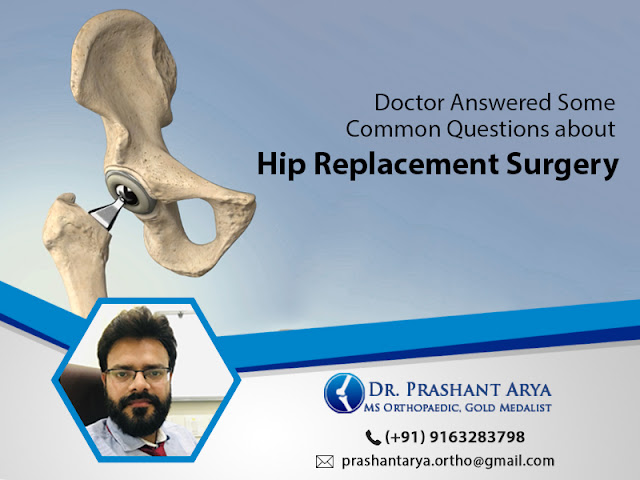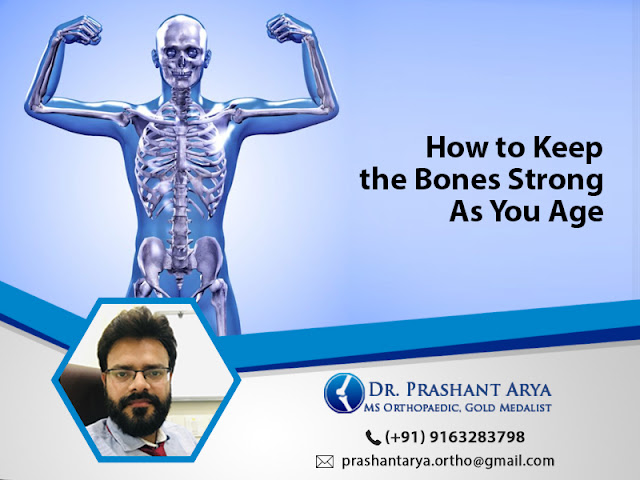Why do Your Joints Hurt? Best Orthopaedic Doctor Explains
Joint Pain and Discomfort - Overview
Damage to
the cartilage, which can be caused by a variety of underlying disorders, may be
the cause of persistent joint discomfort. Rheumatoid arthritis and
osteoarthritis are the two most common causes of joint discomfort. Minor
repetitive traumas, joint cartilage stress, or inheritance are all common
causes of arthritis, says a renowned orthopaedic doctor in Newtown.
What are the Underlying Causes
Osteoarthritis
develops as the cartilage that protects the joints wears down over time.
Swelling, discomfort, stiffness, tenderness, and a reduced range of motion are
all symptoms of this condition. Cartilage wears away as the illness progresses,
forcing bones to rub together. The most common cause of knee and hip
replacement surgery is osteoarthritis.
The immune
system targets the joints in rheumatoid arthritis, which is an autoimmune
disease. As a result, swelling, pain, stiffness, exhaustion, and fever develop due
to inflammation and fluid build-up in the lining of the membranes that surround
the joints. The lining thickens as the condition advances, causing pain and
cartilage destruction. It can eventually lead to bone degradation and joint
deformity. Rheumatoid arthritis patients most commonly have knee and hip
replacement surgery, but shoulders, ankles, and wrists are also popular.
What Treatment Options Exist
According to
the best orthopaedic doctor in the city, the first line of defence
should be non-surgical, conservative treatments, including non-steroidal
anti-inflammatory drugs, physical therapy, and injections.
Joint
replacement surgery is normally conducted in a hospital's operating room and
takes a few hours. During the treatment, the surgeon uses a prosthetic
component to replace damaged cartilage and bone. The prosthetic, which is
comprised of plastic, ceramic, or metal and can last up to 25 years, is meant
to mimic a joint. The majority of patients are up and walking on the day of
surgery, discharged two days later, and placed in an outpatient physical
therapy programme right away. Some younger patients may be able to start this
process at home with the assistance of a home health agency's competent
clinical personnel.
Conclusion
Consult an experienced
orthopaedic surgeon in North Kolkata if you are experiencing chronic
discomfort, oedema, restricted mobility, stiffness, or limited range of motion.
Although not every instance necessitates surgery, it's ideal to engage with
doctors who understand your goals, can give alternatives, and will collaborate
with you to alleviate discomfort.




Comments
Post a Comment